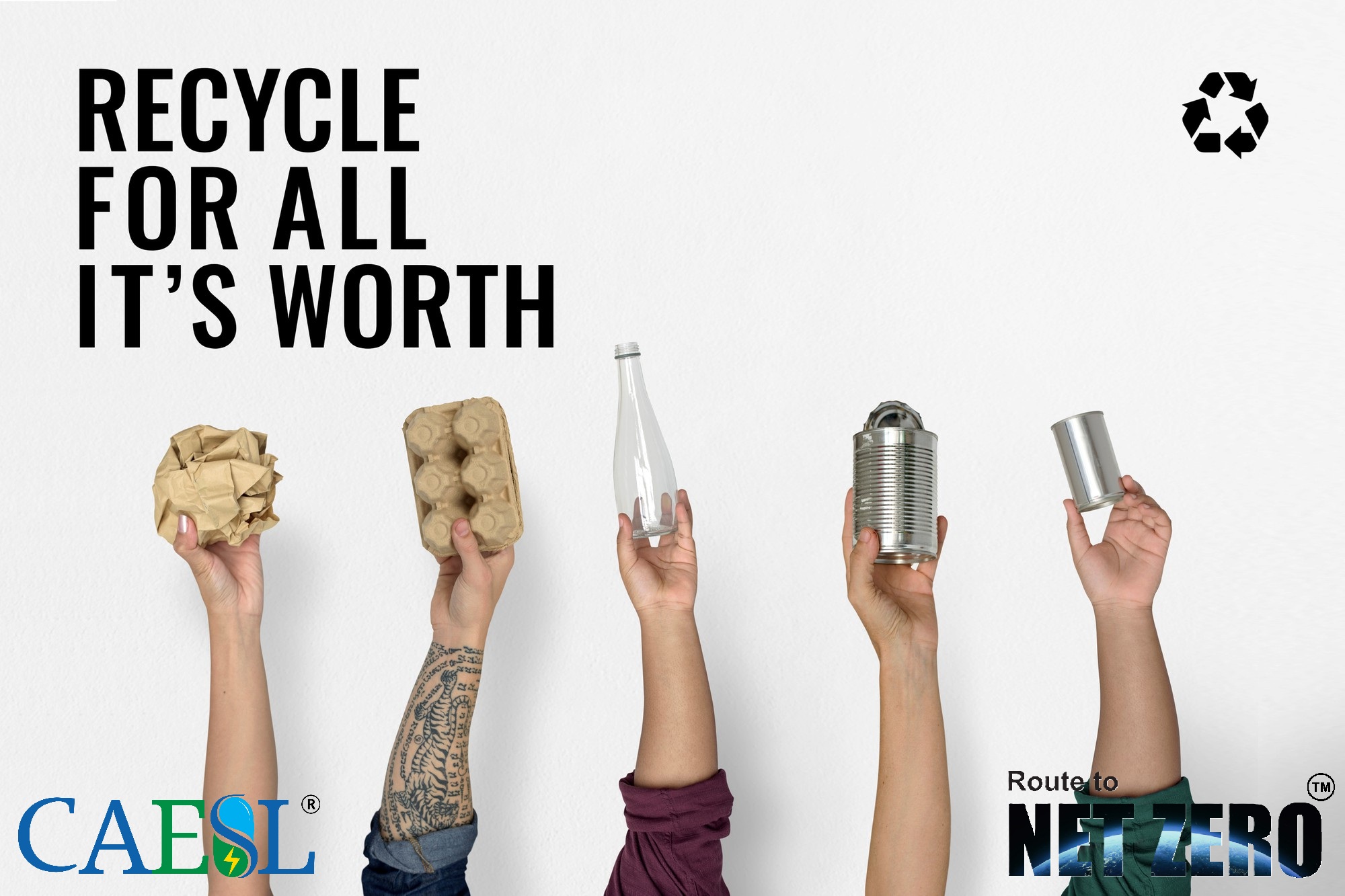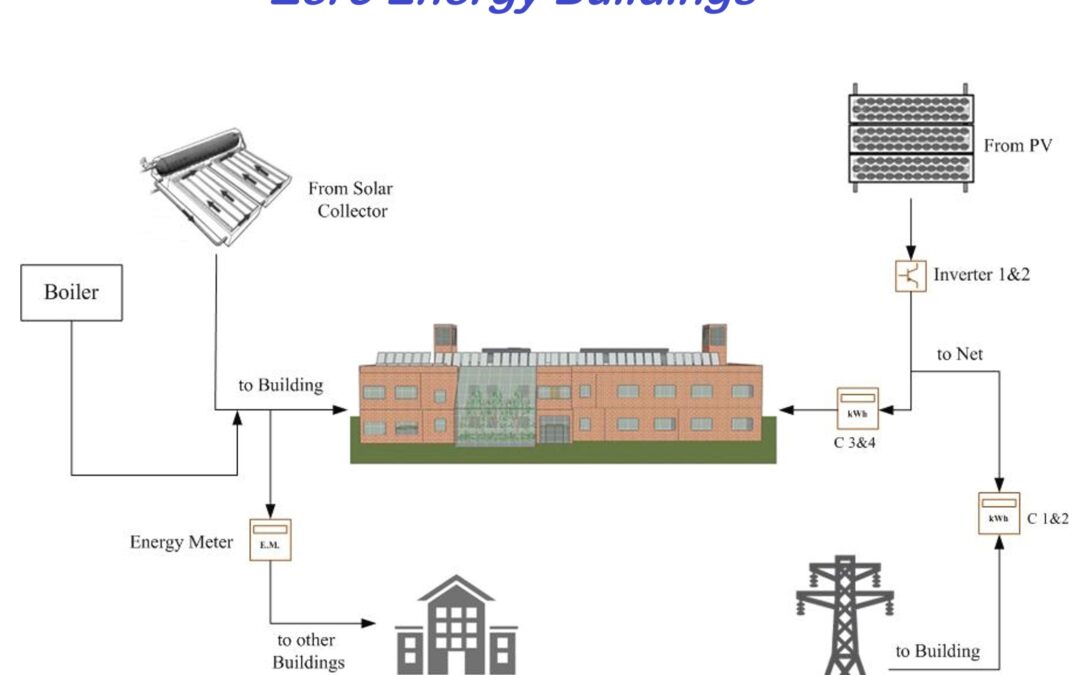
The UK government is on a mission to move towards a zero-waste and circular economy, and part of this effort involves the new Simpler Recycling guidance. If you’re a business owner or manage a non-domestic premises in England, this is something you need to know. What’s Changing? Starting from 31 March 2025, all businesses and relevant non-domestic premises with more than 10 full-time equivalent employees will have a legal duty to separate and present the following waste types for recycling:
- Dry recyclable materials: This includes plastics, metals, glass, paper, and card.
- Food waste: A new category for many businesses.
- Black bin waste (residual waste): This will still need to be collected separately.
In addition, if your workplace generates garden waste, you must manage it in accordance with the waste hierarchy and ensure it is either recycled or composted if it provides the best environmental outcome. For micro-firms (businesses with fewer than 10 full-time equivalent employees), the deadline to separate core recyclable waste streams is extended until 31 March 2027. Why is This Important? Simpler Recycling is a key part of the government’s push to recycle 65% of municipal waste by 2035. The initiative is also expected to deliver significant greenhouse gas emissions savings, potentially worth up to £11.8 billion.[1] What Does This Mean for Your Business? Most businesses already separate dry recyclables from general waste. However, the big change for many will be the need to separate food waste from general waste as well. Failure to Comply = Risk of Penalties If your business doesn’t comply with these requirements by 31 March 2025 (or 31 March 2027 for micro-firms), you could face a compliance notice from the Environment Agency. Compliance notices can be issued for failing to separate waste in accordance with the agreement with your waste collector. These notices can be directed at the business itself, or in some cases, landlords or facilities management companies responsible for waste collection. Not adhering to a compliance notice is considered an offence, and enforcement action could be taken against you. What Should You Do Now? To avoid any penalties, it’s crucial to manage your waste collection effectively. Here’s what you can do:
- Talk to your waste collector: Discuss the requirements with your waste provider and arrange separate collections for dry recycling, food waste, and black bin waste.
- Explore your options: If your current waste collector doesn’t offer the full range of services, you may need to arrange for additional services from other providers. Some local authorities also offer waste collection services for businesses.
Don’t wait until the last minute—start planning now to ensure your business is ready for Simpler Recycling! [1] Reference: Link



